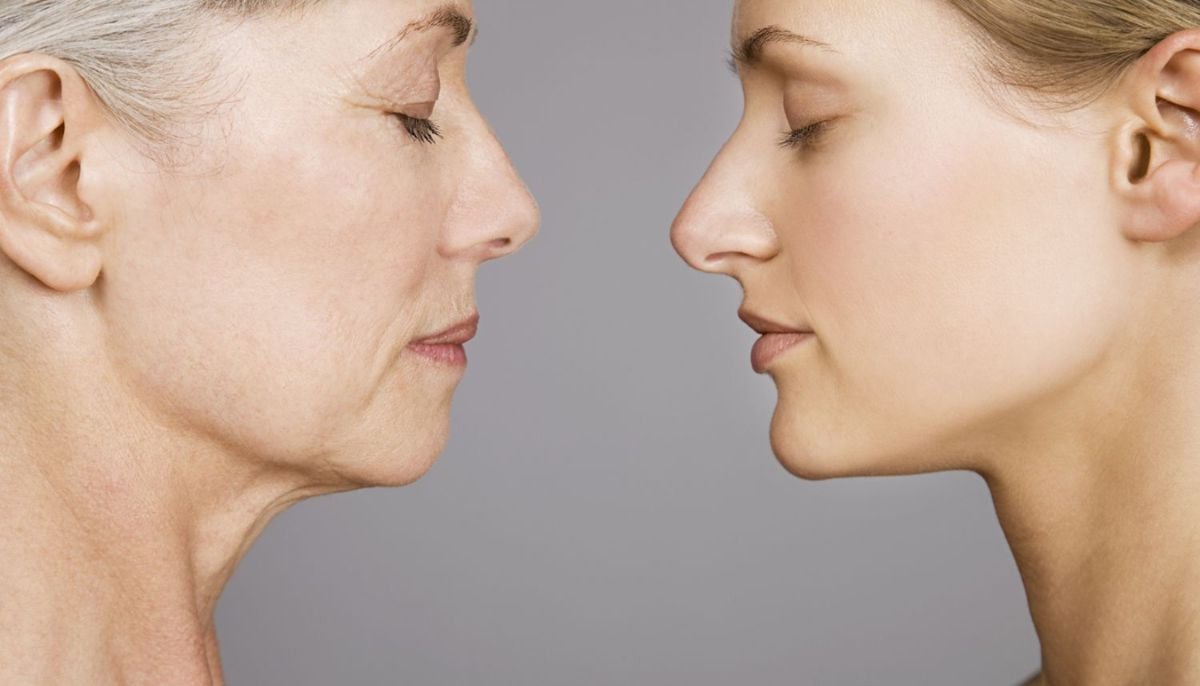Here's how you can help your 'depressive' dog
Dogs can experience chemical and hormonal changes that bring depression and anxiety in humans, study says
Dogs go through "ruff" times too, which means they also suffer from depression just like humans do.
Studies have shown that a dog's brain is similar to that of humans and thus feels like ours too.
According to research conducted by Dr Nicholas Dodman in 1980, dogs can also experience the chemical and hormonal changes that bring about depression and anxiety in humans.
Unfortunately, since dogs can't talk, pet owners will have to identify the symptoms and get them treated, the New York Post reported.
How do you tell if your dog is depressed?
Dogs do not typically experience what we recognise as clinical depression in humans. However, they can certainly feel depression in the form of the blues, sadness and grief.
According to a 2016 study done on dogs, here are some signs to watch out for if you sense something is off:
- Loss of appetite.
- Sleepiness or laziness.
- Clinginess.
- A change in vocals.
- Unusually aggressive behaviour.
- Untimely peeing or pooping.
Causes of depression in dogs
- Ageing.
- Illness or disease.
- Loss of a loved one.
- Environmental changes.
- Trauma.
How can you help a dog with depression?
- Spend more time with them.
- Create a routine that includes playtime.
- Find them new friends.
- Make their meals more interesting.
-
Lewis Capaldi details 'impact of Tourette' on his career
-
Christina Applegate struggles to leave bed amid multiple sclerosis battle
-
Demi Lovato bravely admits she is ‘not ashamed’ of having bipolar disorder
-
Can humans reverse aging? Harvard scientist predict revolutionary breakthrough
-
How Liam Payne’s death impacted awareness about mental health
-
Taylor Swift expresses how negative body comments triggered her
-
Lady Gaga details how eating disorder affected her career: 'I had to stop'
-
Celebrities who struggle with infertility












